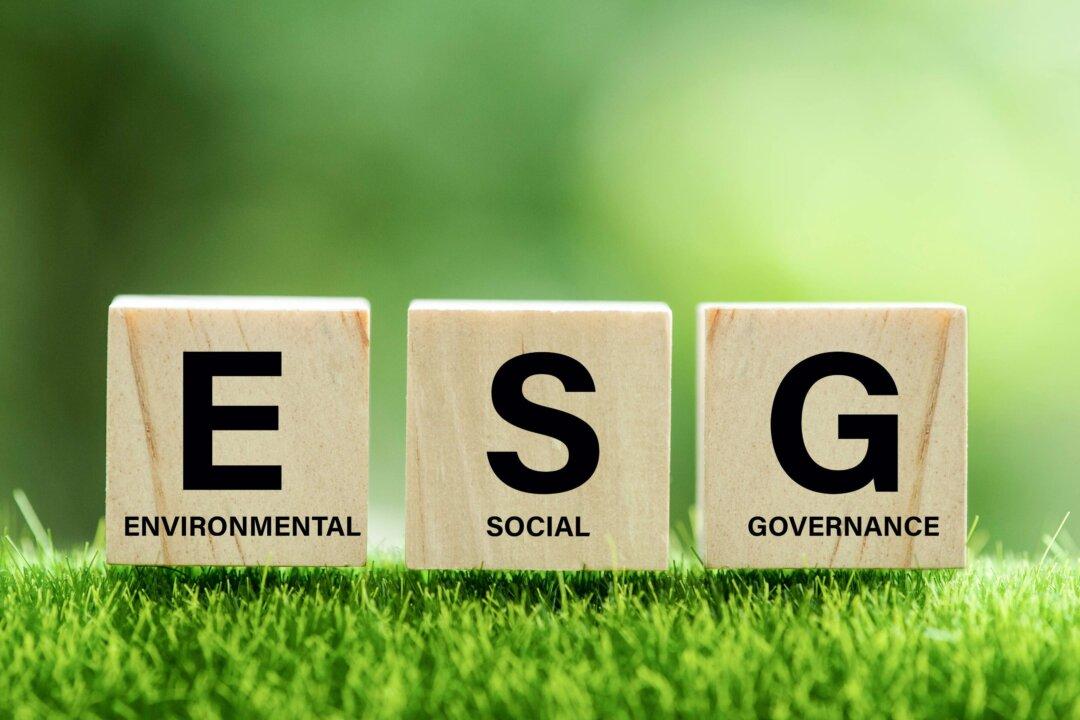Is the boom over for global environmental, social, and governance (ESG) bonds?
In 2022, businesses and governments worldwide raised $863 billion in ESG bonds, a 19 percent decline from the previous year’s haul of $1.1 trillion, according to data compiled by Bloomberg. That’s the first time sustainable bonds have declined since they were introduced in the financial markets 15 years ago.





